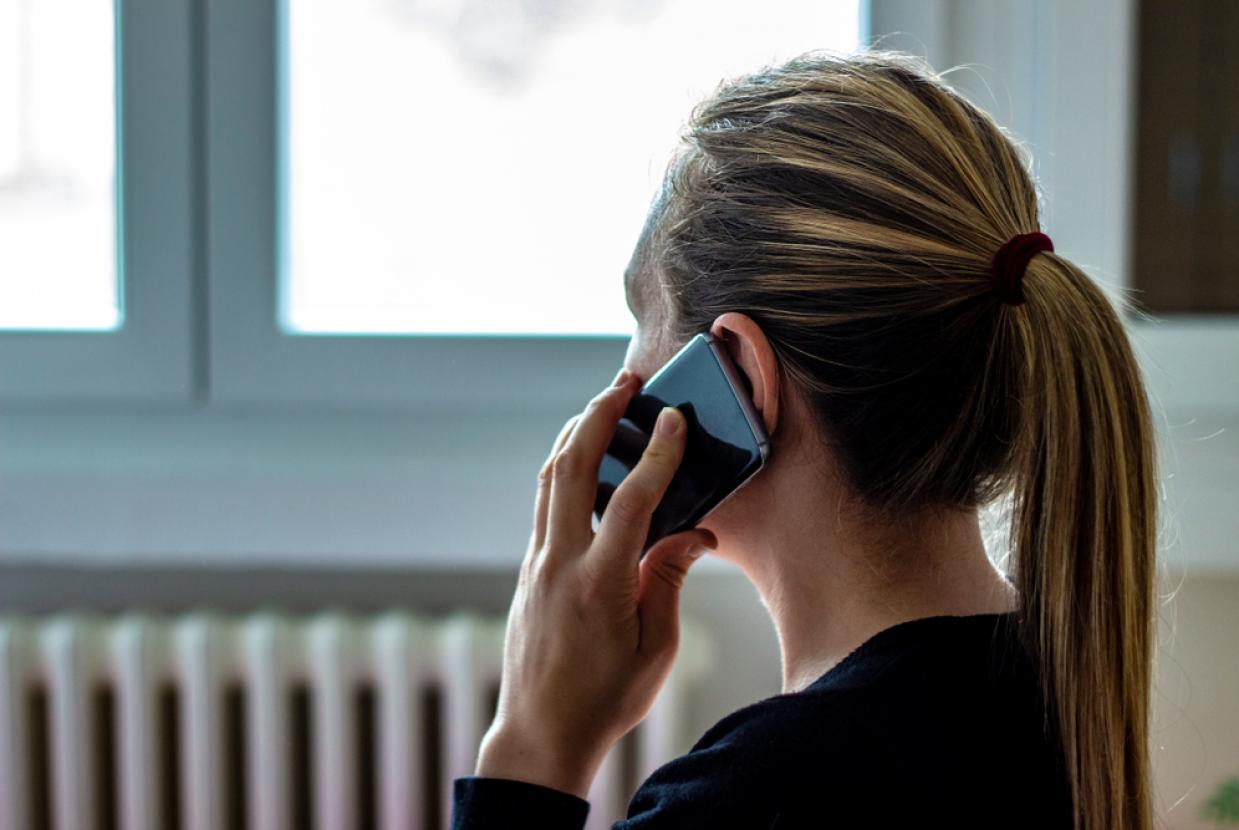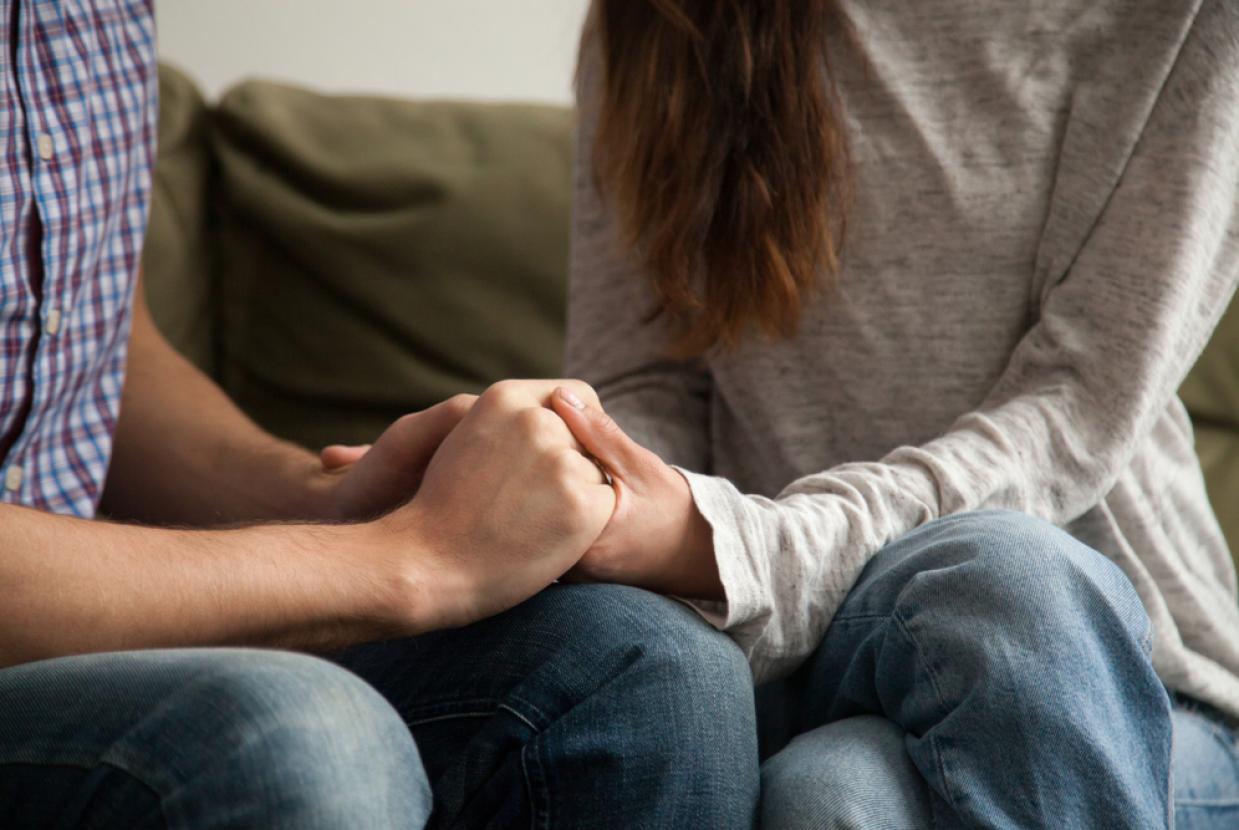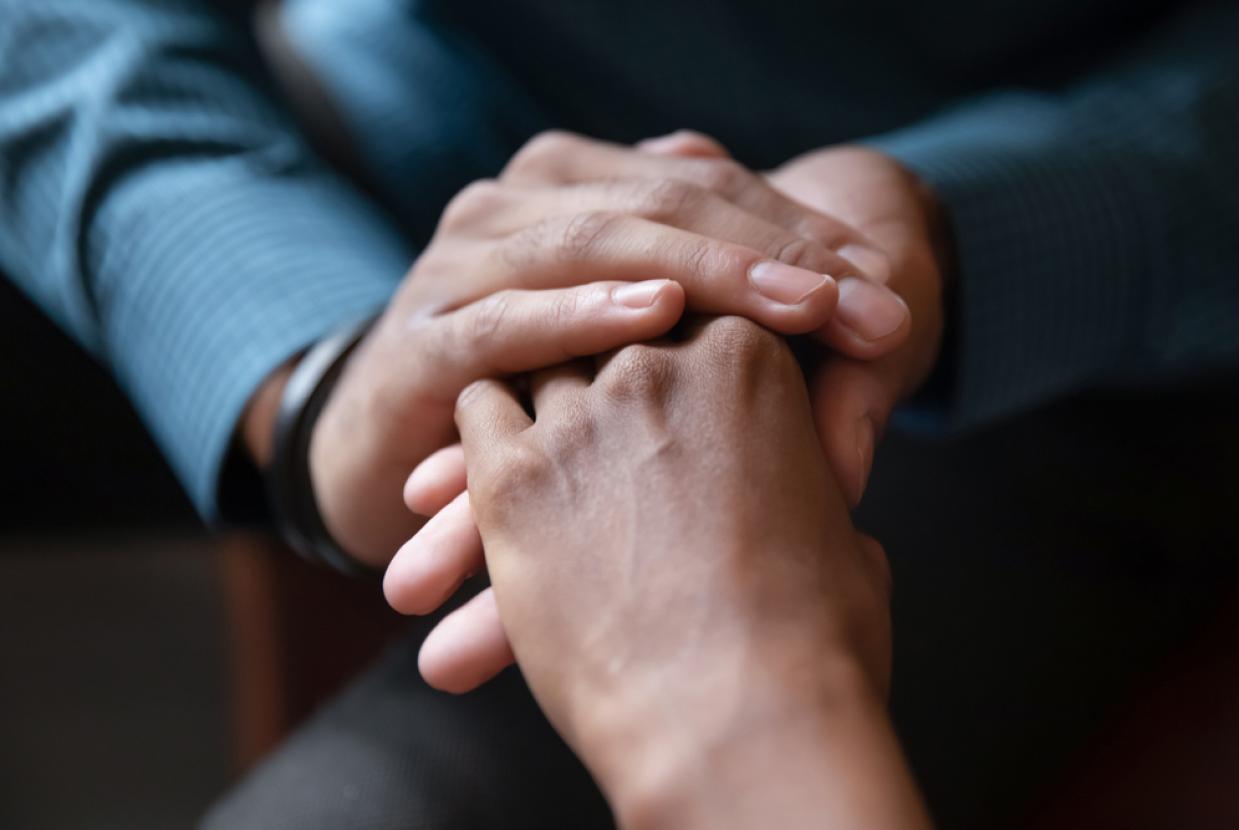Eating Disorders: Advice For Parents
If your child has been diagnosed with an eating disorder, here's what you can do to help.
Talk to them about it
Your son or daughter may suddenly become withdrawn, touchy or even rude, which can make talking with your child very difficult, especially if they still cannot accept they have a problem.
But talking about their condition is essential for their recovery, so keep trying. They might come across as angry or aggressive, but deep down be feeling scared or insecure. It might be difficult for them to express their feelings, so be patient and listen to what they're trying to say. It can help if you:
- stay calm and prepare what to say
- do not blame or judge them, just concentrate on how they're feeling
- have resources to refer to – for example, the charity Beat has useful information for people who are worried about a friend or family member
- avoid talking about their appearance, even if it's meant as a compliment
- try to use sentences starting with "I", like "I'm worried because you do not seem happy", rather than sentences beginning with "you"
- avoid discussing other people's diets or weight problems
- try not to feel hurt if they do not open up straight away, and do not resent them for being secretive – this is because of their illness, not their relationship with you
Try these mealtime tips
Mealtimes can be particularly difficult. You may find the following advice helpful:
- If your child is in treatment, ask their treatment team for advice on how to cope with mealtimes.
- Try to make meal plans with your child that you both agree to.
- Agree with the family that none of you will talk about portion sizes, calories or the fat content of the meal.
- Avoid eating low-calorie or diet foods in front of them or having them in the house.
- Try to keep the atmosphere light-hearted and positive throughout the meal, even if you do not feel that way on the inside.
- If your child attempts to get too involved in cooking the meal as a way of controlling it, gently ask them to set the table or wash up instead.
- Try not to focus too much on them during mealtimes. Enjoy your own meal and try to make conversation.
- A family activity after the meal, such as a game or watching TV, can help distract them from wanting to purge or overexercise.
- Do not despair if a meal goes badly – just move on.
Support your child
If your child is having treatment for their condition, the treatment team will play an essential part in their recovery. But do not underestimate the importance of your love and support. It may help to:
- learn as much as possible about eating disorders, so you understand what you're dealing with
- emphasise that you love them and will always be there for them, no matter what
- make them aware of the range of professional help available, and say you'll support them through it
- suggest activities they could do that do not involve food, such as hobbies and days out with friends
- ask them what you can do to help
- try to be honest about your own feelings – this will encourage them to do the same
- be a good role model by eating a balanced diet and doing a healthy amount of exercise
- try to build their confidence – for example, praise them for being thoughtful or congratulate them on an achievement at school
Get support for yourself
Speak to your GP or one of the health professionals in your child's treatment team about your role as parent and carer. Get their advice on what you can do at home to help. If you need further support, there are a number of charities and organisations that can help you. It's important the whole family understands the situation and has support.
You may find these links helpful:
You can also ask your GP about support groups for parents caring for someone with an eating disorder.

























